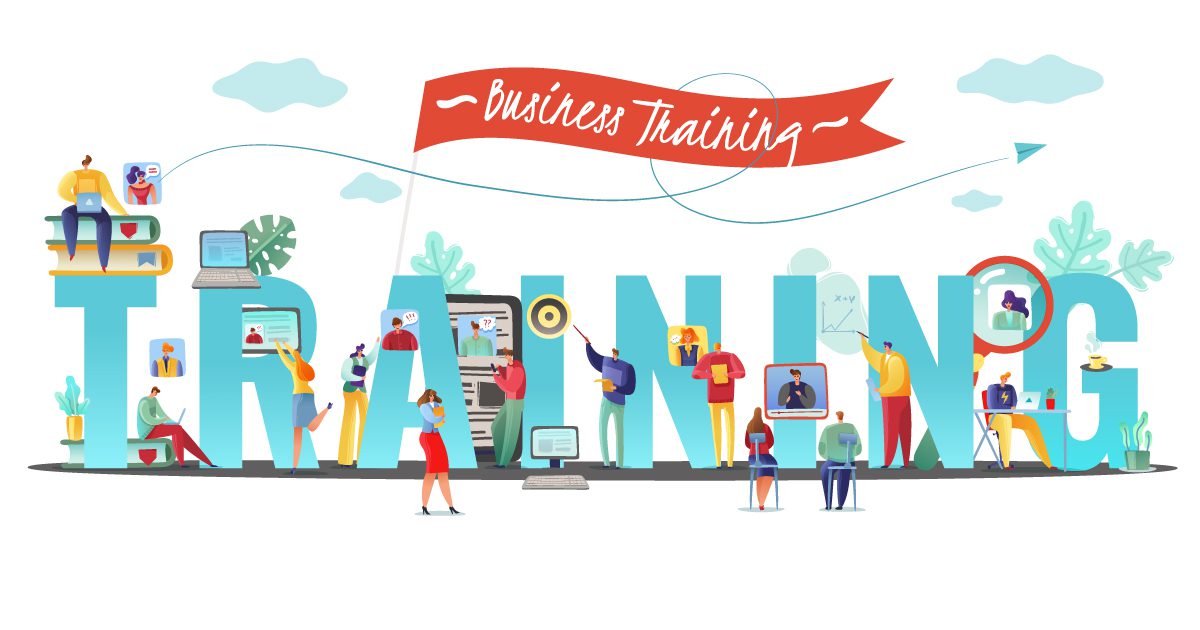
01 Oct Effective Training Programs
Once you have completed the onboarding stage with your new hire, the next step is implementing an effective training program. This training can be provided in a variety of ways – online, in a classroom setting, shadowing a co-worker, or on the production floor.
It is considered a Best Practice to determine how the individual being trained will interact with the trainer and when, setting clear goals and providing supportive feedback.
When building a training program, a detailed plan should be created that you can follow throughout the process to help both the trainer and trainee.
Of equal importance is determining who will be the trainer, one individual or many. The more the trainees know about the specific job details, the better they will be able to train. Expertise alone will not guarantee a positive training outcome.
Here are some essential steps that can be followed as part of an effective training program:
- DESCRIBE OBJECTIVES – What will be covered, timelines with clear and measurable goals.
- DETAIL & REPETITION – Explain all key tasks and responsibilities in depth, summarize frequently and repeat as often as needed to help the trainee retain information.
- CONSTANT INTERACTION – This helps keep the sessions interesting and will enable the trainer to gauge how well the material is being absorbed, and to allow them to provide guidance as needed.
- FEEDBACK – Provide constructive feedback as new skills are tried by the trainee. Correct any mistakes, or missteps in a positive way, and demonstrate what successful performance will look like.
- ASSESS PERFORMANCE – This is necessary to determine if the goals of the training have been met.
Learning new skills and responsibilities can often cause anxiety in new hires, which will be displayed in different ways. All individuals that participate in the training programs for new hires should be aware of the potential problems that could arise and learn how to handle them. A few examples are:
- Reluctance to ask questions or interact with the trainer(s) due to lack of confidence or discomfort.
- Lack of receptiveness during training, suggesting that they have more knowledge than the trainer.
- When tasks and steps are explained they respond with negativity.
- Difficulty making simple comments, drifting off-topic with questions.
It is important to remember that everyone learns differently, and that no one training technique will work for all new hires. Being able to identify the different learning styles and adjusting along the way will lead to positive outcomes for those in training as well as the efficiency of the collective team.
YOU DESERVE MORE THAN YOU THINK®
If you would like guidance in the area of developing and executing effective training programs – or with any other HR issue- please contact Lori Brudlo, Senior HR & Technology Advisor – [email protected].